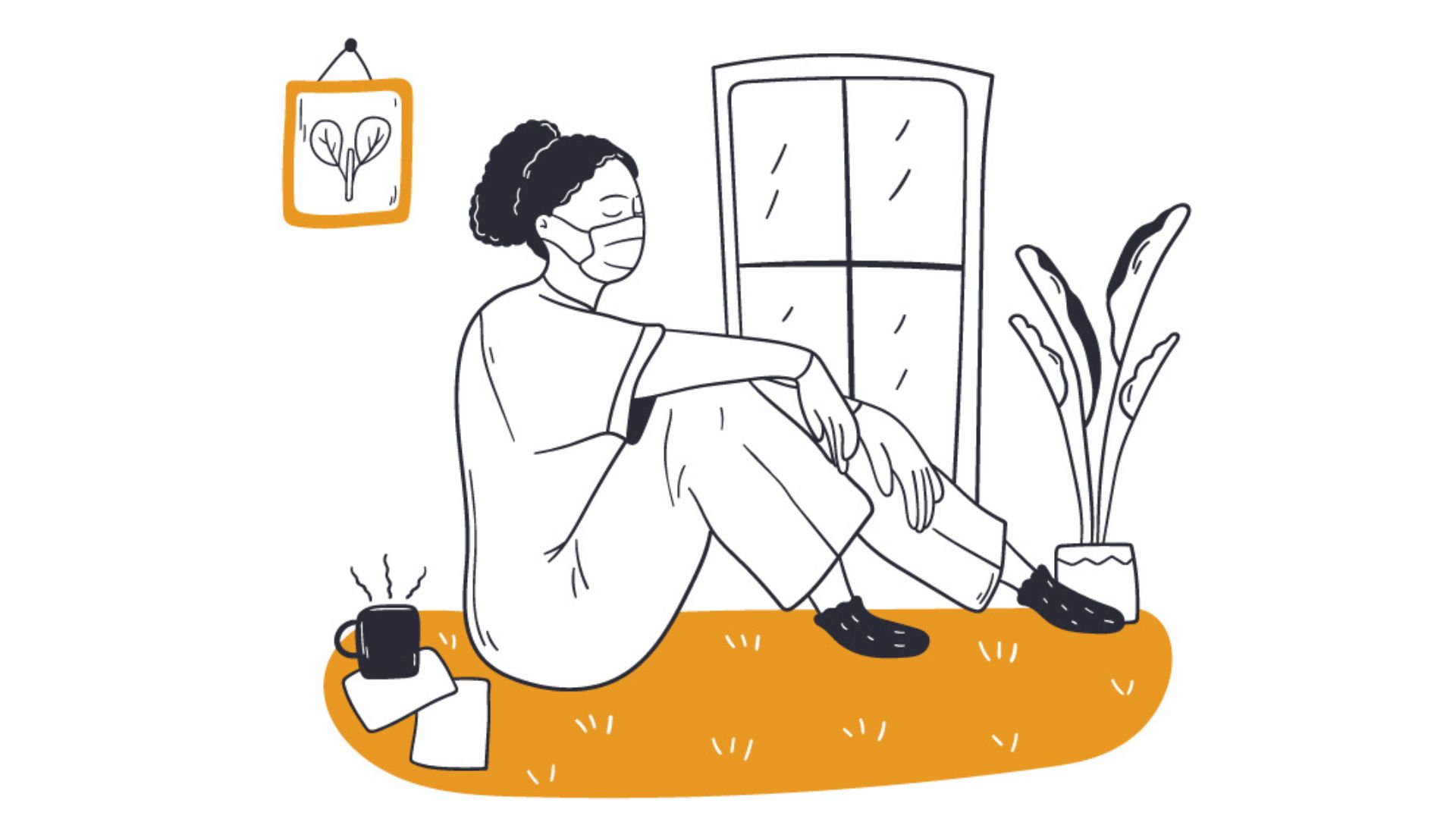The impossible right thing
Anna Schmidt - 8 January 2024

(Getty Images)
When she stumbled across the term “moral distress” in a reading for graduate school, Dr. Sadie Deschenes, ’12 BScN, ’17 MNurs, ’22 PhD, paused. Suddenly, right there in black and white, was a name for countless upsetting experiences she had encountered as a pediatric intensive care nurse.
From that moment of discovery, Deschenes’ interest in moral distress among nurses grew to the point she decided to pursue a PhD to learn more.
“I would be shocked to find a nurse who doesn’t know what moral distress is or hasn’t experienced it … especially post-COVID,” says Deschenes, who is now a postdoctoral fellow at the University of Alberta and poised to start an assistant professorship in January.
“[Yet] with this awareness, we’re still behind on how to manage our distressing situations.”
Moral distress is the ethical crisis that occurs when you believe you know the right thing to do but can’t carry through because of circumstances beyond your control. For nurses, those circumstances might be caused by inadequate staffing, restrictive policies or differences of opinion within the health-care team.
In 2023, Deschenes published an academic study based on interviews with pediatric critical care nurses that asked them what would help mitigate moral distress.
Based on that research, she offers four recommendations.
Recognize the signs
Moral distress can manifest through emotional, psychological or physical symptoms, says Deschenes. Common signs include anxiety, decreased appetite, difficulty sleeping, migraines and stomach issues. You may feel irritable, apathetic and withdrawn from patients. Some nurses report feelings of worthlessness.
That said, it’s important to realize not all difficult feelings point to moral distress. Deschenes suggests when you experience signs of distress, reflect on the upsetting situation and ask yourself, “If I could have, would I have done something differently for the patient?” If the answer is yes, you might be experiencing moral distress.
Communicate with your team
The nurses who were interviewed identified clear communication within their health-care teams as one of the keys to mitigating moral distress. If you encounter a difficult situation, Deschenes recommends reaching out to your colleagues — not to lay blame, but to seek understanding. Conversations can help support collaboration within the team and offer insight into why decisions were made. For example, why was a surgery performed on a terminally ill patient? While you may not reach agreement on how a situation was handled, communication allows the burden of responsibility to be shared.
“Maybe the physician was making a medical decision and the nurse wasn’t sure why … or the notes weren’t very clear, or they didn’t realize that the physician had a discussion with the family,” says Deschenes. “Once you start talking to people, you realize, ‘It’s not all on me to figure it out … and you can’t change everything.”
Build a support network
Outside the workplace, Deschenes suggests talking through your moral distress with a close friend. These conversations can help you work through feelings of pressure, guilt and responsibility. For Deschenes, regular meetups and a group chat with three friends from her nursing undergrad provide that support. “It’s about finding people you trust and being vulnerable.… Sometimes you might have to say ‘Hey, I’ve experienced this.’ ” More often than not, they will have too, she says.
She also recommends researching the mental health supports available to you before an experience of moral distress. This could include pastoral care on your floor, psychology services through health benefits or the U of A’s Alumni to Alumni Career Mentoring program, which matches newer nurses with those more established in the field.